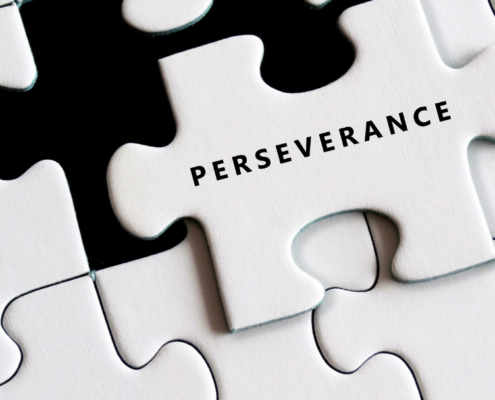
Time for a Temperature Check: Assess and Elevate Your Performance
Step Outside Your Routine
Take a moment to step back from…

Insights on Leadership and Achieving High Performance
Insights on Leadership and Achieving High Performance
In my…

Thriving in Leadership: Balancing Professional Demands, Building Confidence, and Making Effective Decisions
Balancing Professional Demands with Personal Well-being
Striking…

Persistence: The Power of Perseverance in Achieving Long-Term Goals
Time Management: Mastering Your Priorities
The Power…

Navigating the Transition: From Q1 Review to Q2 Strategy
As we close the chapter on the year's first quarter, engaging…

